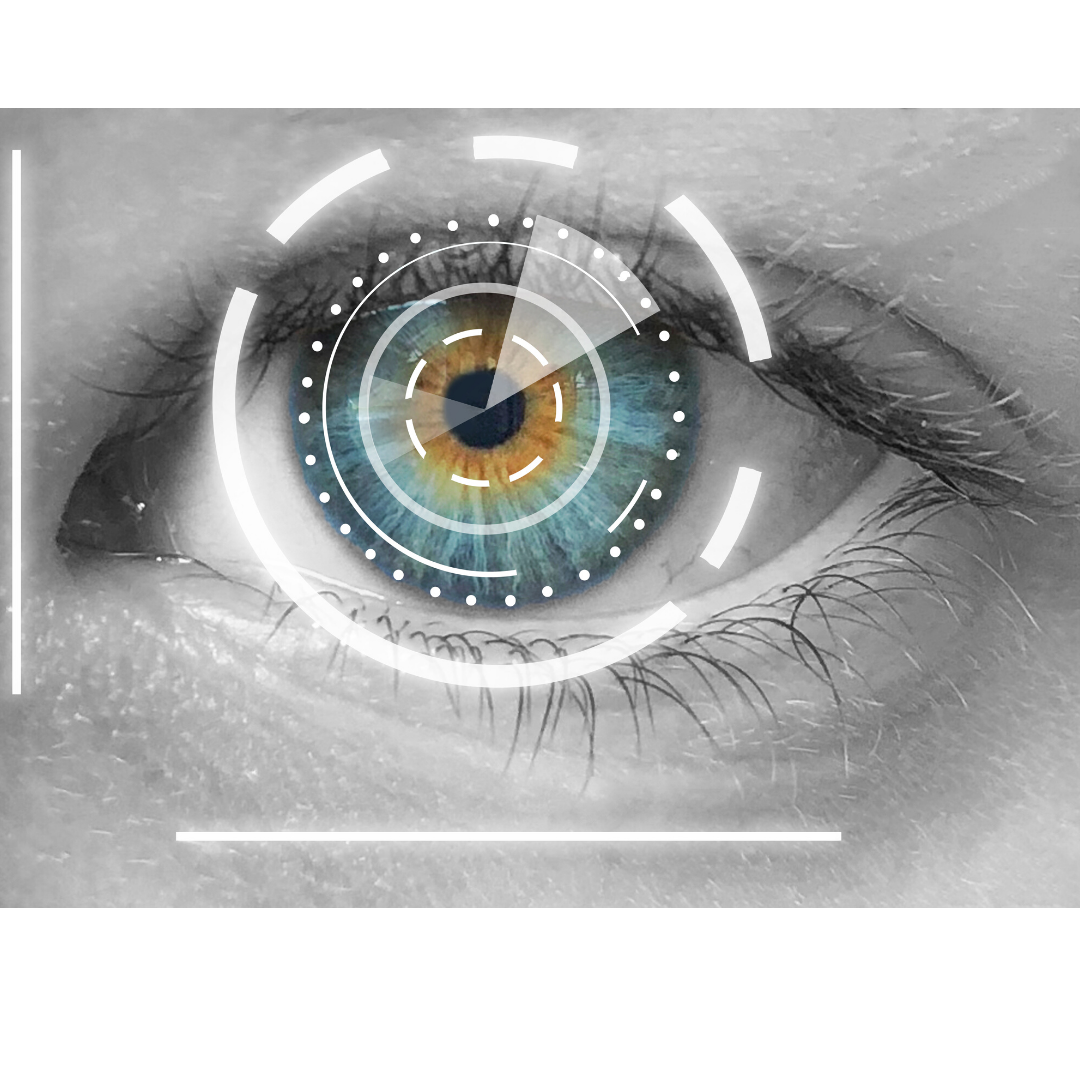We're watching you (it's a good thing!)
Trading is a complicated experience. You need to marry emotion and logic together to make the best decisions, and you often are overloaded with information every direction you look. You can learn everything there is to know about signals, markets and trades, and still lose money.
This is because your behavior is integral to your success. We are constantly looking at new ways you can improve your trading behavior, to get the most out of your account and experience. This leads us to this blogs question:
How would you act if you knew your trading was being monitored?
People change their behavior if they know they are being watched. In research it is known as the Hawthorne effect, and is typically seen as a negative because it skews people’s true behavior and makes it hard to accurately measure how they really act. However, it has also been proven time and time again in a variety of different studies that people really do improve their behavior when they know they are being monitored. The circumstances need to be correct, in so much as the monitoring should be transparent and proportionate, but it can cause improvements in people’s performance.
A famous study was done on children during Halloween. A bowl of candy was left out at a house, with a note to say just take one piece. For half the kids, there was also a sign with a picture of eyes. Children who saw the eyes were much more likely to actually take only one piece of candy. Just the illusion of being watched caused them to behave better.
When we team the hawthorne effect with other nudges, we can cause real change in behaviour. Let’s examine a case study of this, involving car insurance. There is now an option in many countries in the EU, and in the US, of having a black box installed in your car that measures your driving and gives it a score, and your premium is based on that score.
Safe driving increases by 30% in drivers who have the box, compared to without it. This is because drivers know they are being measured, so behave better. It is also because the box provides feedback on their risky driving, like sharp acceleration, and advice on how to avoid it . Being measured, along with feedback and suggested improvements, has resulted in much better drivers.
The hawthorne effect can also lead to the observation being the intervention. If you want to lose weight, it’s good to keep a food diary. If you want to become a better trader, it’s good to keep a trading diary. That act alone can help you to improve your behavior. But your improvement is kicked up a gear if you’re externally observed by a third party.
When performing relatively simple tasks that you make regularly, such as opening/closing a trade, or choosing when to stop trading, or even building simple habits around how you trade, you will improve your performance if you are being observed. You will also take into account the impression you are giving off to the observer, so you become more self-aware. Self-awareness in trading is a massive advantage, considering how many behavioral biases can trip you up in your trading. Being aware of the mistakes you make gives you the opportunity to learn from them, and not repeat them.
We have seen evidence of the Hawthorne effect in our data, but it is married with other behavioural nudges . Traders using our product GamePlan show accelerated improvement in returns compared to traders who do not.The different in GamePlan is the added nudges- traders are given daily feedback, and are measured against the goals they set in real time. This allows the traders who are being measured, to acknowledge and then improve their risky trading decisions.
We have seen evidence of the Hawthorne effect in our data, but it is married with other behavioural nudges .
Traders using our product GamePlan show accelerated improvement in returns compared to traders who do not.The different in GamePlan is the added nudges- traders are given daily feedback, and are measured against the goals they set in real time. This allows the traders who are being measured, to acknowledge and then improve their risky trading decisions.
We’re not suggesting that having your performance monitored will automatically make you be better at trading, but it’s a beneficial step to take that can be easily built on.
In summary:
· The simple act of being measured will cause traders to behave better
· Using a trading diary allows traders to examine their behavior, and make improvements
· Adding in nudges like goal setting, live tracking and daily feedback, serves to accelerate these behavior improvements.
By making these simple changes, you will be well on your way to becoming a successful trader.



